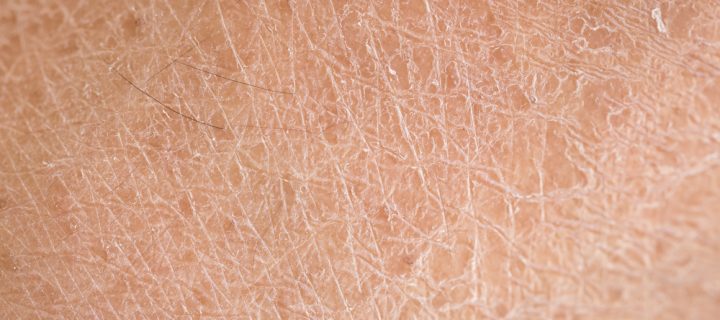From special soap to moisturizers and antihistamines, home remedies for dry skin can work wonders.
Having dry skin is one of the most common medical concerns for seniors. It’s a battle against nature: as your skin ages, it becomes thinner and less flexible and unable to retain water as well as it used to.
According to the experts at the Cleveland Clinic, feeling extra itchy or suffering from pruritus is something that affects almost 50% of adults over 60.
What can you do about it? It’s always a good idea to talk with your doctor about any condition, big or small. When it comes to treating yourself at home on a regular basis for dry skin, here are 7 things you can do to minimize your discomfort:
1) Limit Your Bathing
We aren’t suggesting you go for weeks without a shower. Soaking too frequently can remove all the oils that you need though, causing more dryness. Experts recommend that you limit your bathing to no more than once a day. Going a few days if you can, can help your skin retain its moisture even more.
2) Avoid Hot Water
Seek out warm water when you can. Soaking in the hot tub at the end of a long swim can seem enticing and while it can do wonders for your muscles, it isn’t doing your epidermis any favors.
If you must soak in hot water, be sure to apply plenty of moisturizer upon exit.
Related: Cracked Skin? Here’s Why People Love These 5 Best-Selling Hand Creams
3) And Harsh Soap
Many common soap brands on the market can strip your skin and hair of all their moisture rather quickly. Do a bit of research. Find out which soaps at your local pharmacy are the easiest on skin, and try these.
If it’s still a problem, try skipping the soap altogether and let the shampoo wash your body as your rinse it from your hair in the shower.
4) Apply Moisturizer
Invest in a quality moisturizer and you’re two steps ahead. These can help to keep water in your skin, protecting it.
Stock up on a strong, thick hand and body moisturizers and apply them regularly and consider picking up some foot care products if this is an area that needs attention.
Related: You Could be Increasing Your Risk of Catching on Fire by Using Skin Creams With Paraffin
It’s also a good idea to remember to cover up when heading outdoors, especially during winter time. Dry, cold air will suck the water right out of your skin in an instant, making gloves and scarves a must.
5) Try an Antihistamine
While it’s often a sign of environmental dryness, sometimes dry skin is an indication of an allergic reaction. It could be dust in your environment, a food you eat regularly or some other trigger.
If your skin doesn’t respond to other home remedies, try taking an antihistamine for a few days to see if this makes any difference.
6) Drink Up
Remember, the human body is composed of over 50% water and you need to keep the tank full! To ensure you’re getting enough fluids to keep your body and skin in balance, aim for 8 glasses of water a day, or 2 liters.
7) Consider a Corticosteroid
A mild topical corticosteroid can be very effective at treating dry skin. Talk to your pharmacist about your options, and return yourself to comfort.
Photo credits: iMoved Studio/Shutterstock.com;Alexander Ishchenko/Shutterstock.com; DedMityay/Shutterstock.com














